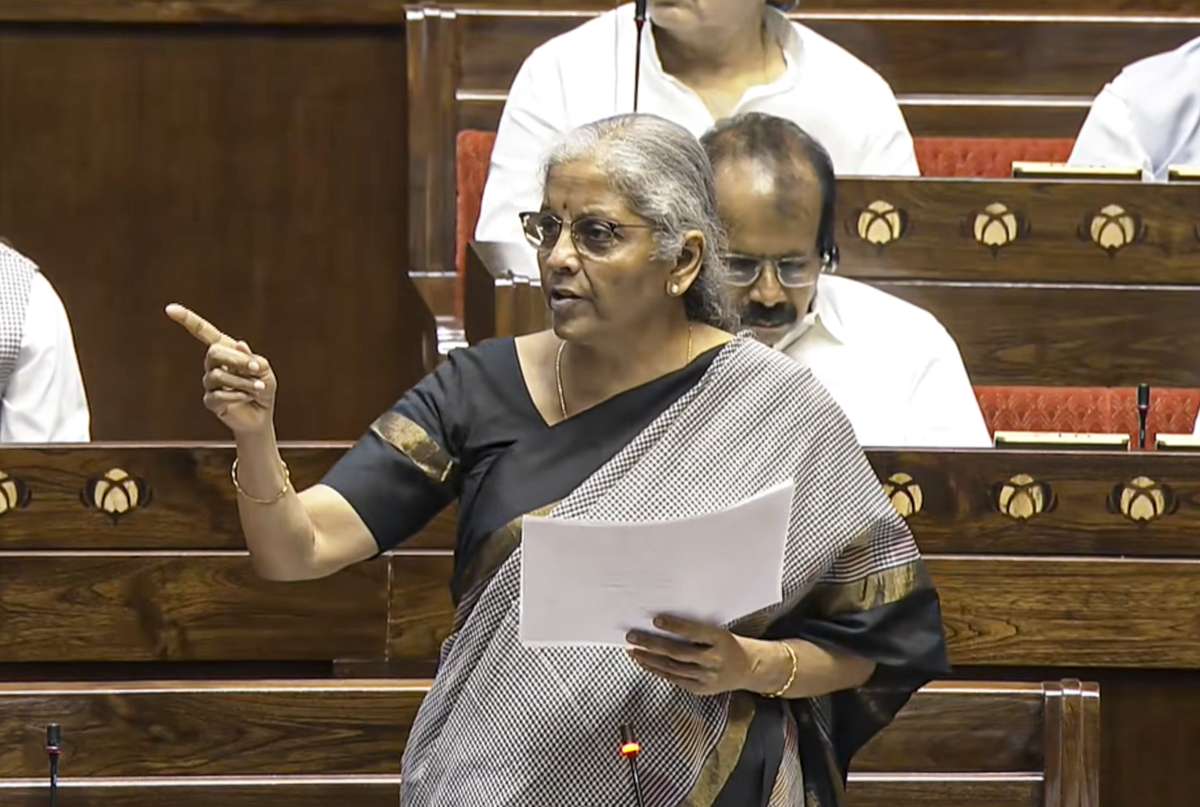Nirmala Sitharaman Celebrates 66th Birthday: A Retrospective on Her Landmark Economic Policies

As India's Finance Minister, Nirmala Sitharaman marks her 66th birthday, it's a fitting time to reflect on her significant contributions to the nation's economy. Breaking barriers as the country's first full-time woman Finance Minister, Sitharaman has navigated complex challenges and spearheaded crucial reforms impacting businesses and citizens alike. This article delves into her key achievements, from transformative tax changes to vital banking sector consolidation and bold economic recovery plans.
Early Career & Ascent to Power
Before entering politics, Nirmala Sitharaman built a distinguished career in the Indian bureaucracy and later in the BJP party. Her experience and understanding of policy-making proved invaluable when she assumed the Finance Minister's role in 2019. She quickly demonstrated a pragmatic approach, balancing fiscal responsibility with the need to stimulate economic growth.
GST and Tax Reforms: A Game Changer
One of Sitharaman's most defining achievements has been her commitment to simplifying and streamlining India's tax system. The Goods and Services Tax (GST), introduced in 2017, was a monumental undertaking, and Sitharaman has overseen its implementation and subsequent refinements. While the initial rollout faced challenges, her ministry has consistently worked to address issues, reduce compliance burdens, and broaden the tax base. She has also introduced several other tax reforms aimed at attracting investment and promoting ease of doing business, including rationalizing corporate tax rates to enhance India's competitiveness on the global stage.
Banking Sector Consolidation: Strengthening Financial Stability
Recognizing the fragility of India's banking sector, Sitharaman has championed consolidation efforts aimed at creating stronger, more resilient financial institutions. The merger of several public sector banks has led to the creation of larger, more efficient entities capable of better serving the needs of businesses and individuals. This strategic move has also helped to improve asset quality and reduce non-performing loans, bolstering the overall stability of the financial system.
Economic Recovery Initiatives: Navigating Turbulent Times
The COVID-19 pandemic presented unprecedented economic challenges. Sitharaman swiftly responded with a series of stimulus packages designed to cushion the impact of the crisis and support economic recovery. These measures included liquidity injections, tax relief for businesses, and targeted assistance to vulnerable populations. Her proactive approach helped to mitigate the worst effects of the pandemic and paved the way for a gradual economic rebound. Furthermore, the focus on infrastructure development through the National Infrastructure Pipeline (NIP) is expected to generate long-term growth and employment opportunities.
Looking Ahead: Challenges and Opportunities
Despite her successes, Sitharaman faces ongoing challenges, including managing inflation, reducing the fiscal deficit, and promoting sustainable economic growth. The global economic slowdown and geopolitical uncertainties add further complexity to the task. However, India's inherent strengths – a large and young population, a vibrant entrepreneurial ecosystem, and a growing digital economy – provide ample opportunities for continued progress. Nirmala Sitharaman’s leadership will be crucial in navigating these complexities and ensuring a prosperous future for India.
As she celebrates her 66th birthday, Nirmala Sitharaman’s journey as Finance Minister stands as a testament to her dedication, resilience, and unwavering commitment to India’s economic well-being. Her legacy will undoubtedly be shaped by the transformative policies she has championed and the challenges she has overcome.





